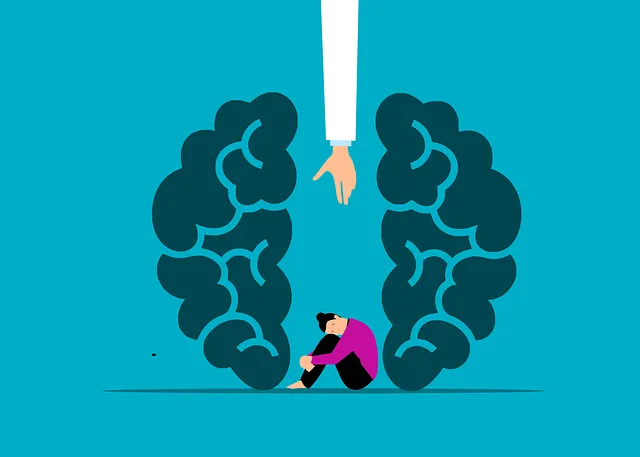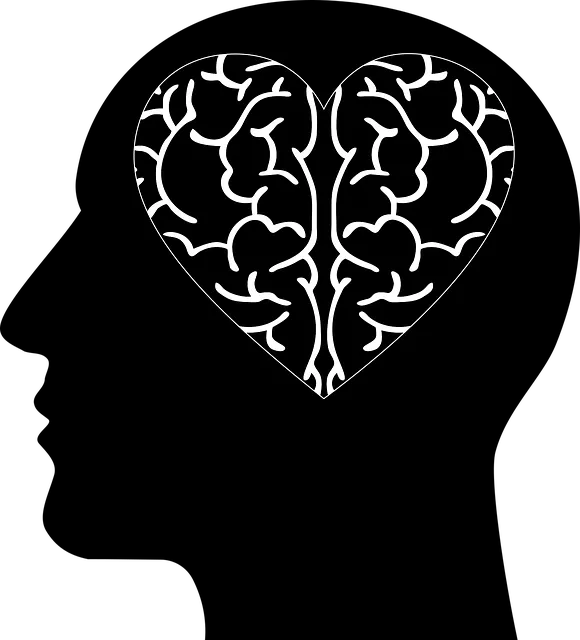Social Skills Training at Kaiser Wheat Ridge offers a powerful method for managing and improving mental health conditions like anxiety, depression, and PTSD by teaching effective social skills, coping strategies, and burnout prevention. This holistic approach includes programs for both individuals seeking personal growth and healthcare providers looking to promote community support. To access these services, visit the comprehensive Kaiser website to identify suitable counseling, therapy, and support groups, then reach out to the patient engagement team for enrollment guidance. Social Skills Training equips trainees with evidence-based techniques like CBT through role-playing scenarios and journaling exercises, fostering self-awareness and advocacy for mental health needs.
Social skills training is a powerful tool in managing mental health conditions, fostering connections, and improving overall well-being. This article explores the significance of such training, offering a comprehensive guide for individuals seeking support through Kaiser Wheat Ridge’s mental health services. We’ll break down the process step-by-step, provide effective strategies, and highlight techniques to enhance social interactions. Learn how to navigate these services, gain confidence in social settings, and embrace a supportive network.
- Understanding the Importance of Social Skills Training for Mental Health Conditions
- Accessing Mental Health Services Through Kaiser Wheat Ridge: A Step-by-Step Guide
- Practical Strategies and Techniques for Effective Social Skills Training
Understanding the Importance of Social Skills Training for Mental Health Conditions

Social Skills Training is an often-underestimated yet powerful tool in managing and improving mental health conditions. For individuals dealing with anxiety, depression, or post-traumatic stress disorder (PTSD), learning effective social skills can significantly enhance their overall well-being. This type of training offers a unique approach to healing by empowering individuals to navigate social interactions with confidence and resilience, thereby reducing the impact of isolation and stigma often associated with mental health struggles.
Through various techniques, participants learn coping skills development that helps them manage symptoms and improve their quality of life. Kaiser Wheat Ridge provides accessible mental health services that include structured programs focusing on these essential skills. By incorporating burnout prevention strategies for healthcare providers and promoting healthy social interactions, individuals can develop a supportive network, reduce stress, and enhance their ability to connect with others. This holistic approach not only facilitates personal growth but also fosters a sense of community, which is crucial in the journey towards better mental health.
Accessing Mental Health Services Through Kaiser Wheat Ridge: A Step-by-Step Guide

Accessing mental health services through Kaiser Wheat Ridge can be a transformative step for individuals managing various mental illness conditions. The first step involves understanding the resources available and determining eligibility criteria. Visit the official Kaiser Wheat Ridge website to explore their comprehensive range of services, including counseling, therapy, and support groups tailored to different needs. You’ll find detailed information about each program, ensuring you make an informed decision.
Once you’ve identified suitable options, reach out to their patient engagement team who are dedicated to guiding individuals through the enrollment process. They can assist with insurance coverage checks, answer questions regarding copays or deductibles, and help schedule your initial appointment. This support system is crucial in addressing the Mental Illness Stigma Reduction Efforts, as it encourages individuals to take that first step towards Emotional Well-being Promotion Techniques and eventually enrolling in Mental Wellness Coaching Programs Development.
Practical Strategies and Techniques for Effective Social Skills Training

Social Skills Training is a powerful tool for individuals navigating mental health conditions, offering practical strategies to enhance their interactions with others. One effective approach involves role-playing scenarios that replicate real-life situations, allowing trainees to practice and refine their social cues and responses. This hands-on method fosters self-awareness and provides immediate feedback, which is crucial for learning and growth. For instance, a trainee struggling with anxiety in social settings can safely simulate conversations, learn to manage their symptoms, and build confidence through repeated exposure.
Incorporating evidence-based techniques like cognitive behavioral therapy (CBT) within the training curriculum empowers individuals to challenge negative thought patterns and develop healthier coping mechanisms. Additionally, encouraging self-reflection through journaling exercises can support mental health policy analysis and advocacy, helping trainees recognize their progress, set goals, and advocate for their needs, including access to quality mental health services like those offered by Kaiser Wheat Ridge.
Social skills training plays a pivotal role in managing and improving mental health conditions. By understanding the importance of these programs, individuals can access valuable resources through platforms like Kaiser Wheat Ridge. Following a straightforward step-by-step guide to accessing mental health services and utilizing practical strategies ensures a more inclusive and supportive journey towards better mental well-being. For those seeking guidance, learning how to navigate these services effectively is a crucial first step in reaping the benefits of social skills training.






